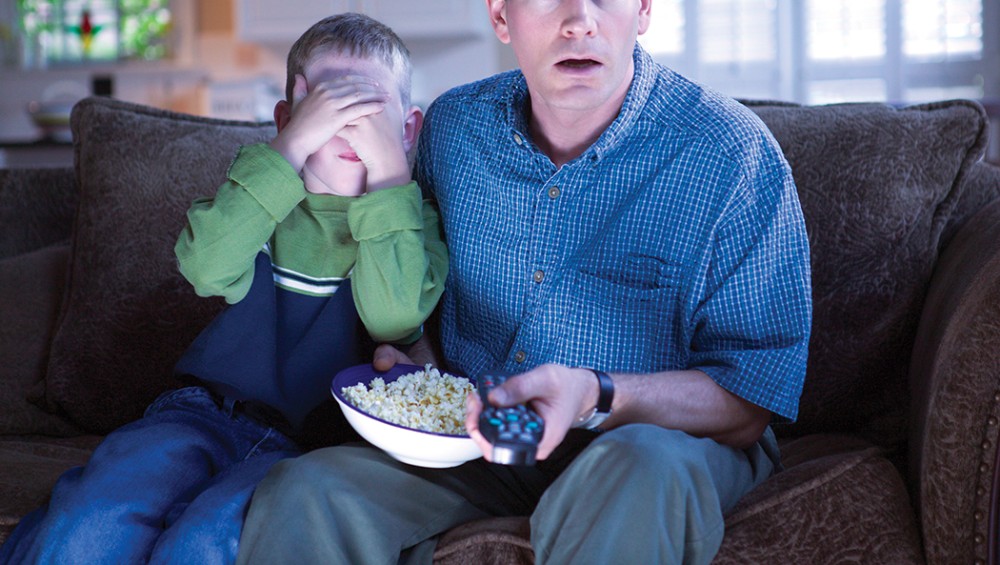Confessions of a (moderate) prude
I am finally old enough to admit something: the mysteries of adulthood, those "mature themes" we try to hide from the young, are mostly stupid.

Middle age began for me on the day I realized my oldest child was now an AC/DC fan.
For every enthusiasm of a nine-year-old, a father has only himself to blame. We go to several White Sox games every year, and he knows that I like to get there early enough to hear “Thunderstruck” before the game. I feel giddy in a ballpark, with that excessive rock-and-roll smorgasbord thrumming through the concrete. So when I suggested he select some walk-up music, like ballplayers have, to help push himself to swallow some revolting medicine—yes, this is cutting-edge Dad praxis—he chose “Thunderstruck” without a moment’s hesitation. Thirty doses later, he knew the song intimately, down to its insipid lyrics. And he had branched out between doses to the other high points of the band’s catalog: “Back in Black,” “Highway to Hell,” “T.N.T.,” “You Shook Me All Night Long.”
There is, of course, nothing at all unusual about a preteen learning pop music with so-called “adult themes” by heart. If anything, my kids are rather sheltered in that regard, forced by lack of alternatives to pick up music that was au courant during (or even before) my own childhood. And it’s not that we have hidden the basic facts of human sexuality from him—let alone the more traumatic basic facts of American history, or the way AC/DC’s first lead singer died. But he certainly hadn’t learned, from his parents or anyone else, what a singer might mean by comparing a woman to a “fast machine” who “kept her motor clean.” And for a moment, hovering over our new “Guys with Guitars” playlist, I wished against reason and hope that he never would. I can explain penises and vaginas whenever needed. I don’t wish to explain why a single band has written hundreds of songs about penises and vaginas without once using either word. I was finally old enough to admit, at least to myself, that the mysteries of adulthood that we try to hide from the young are mostly stupid.




